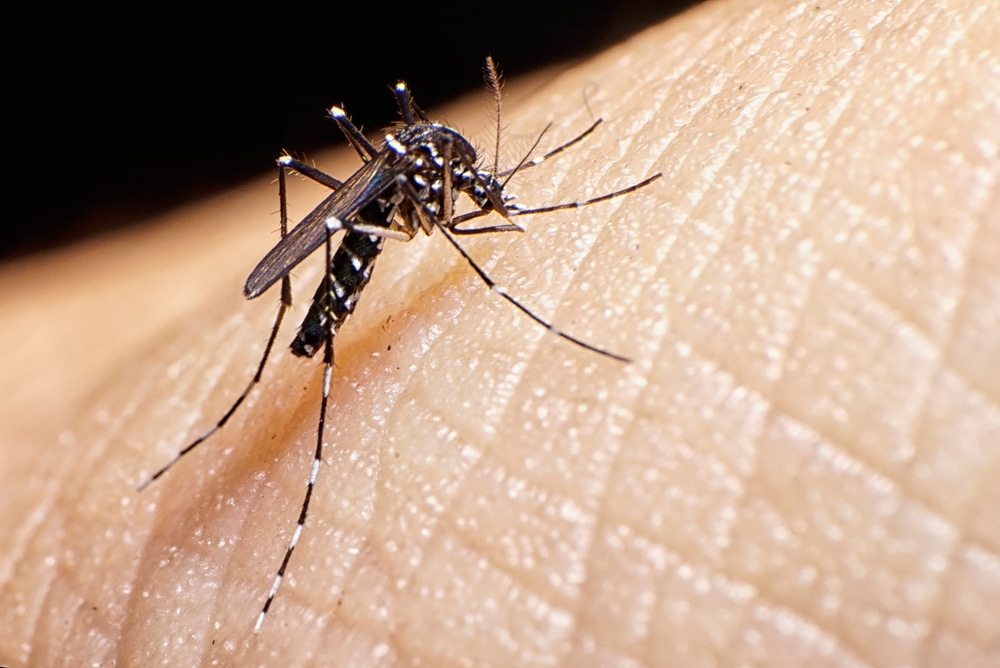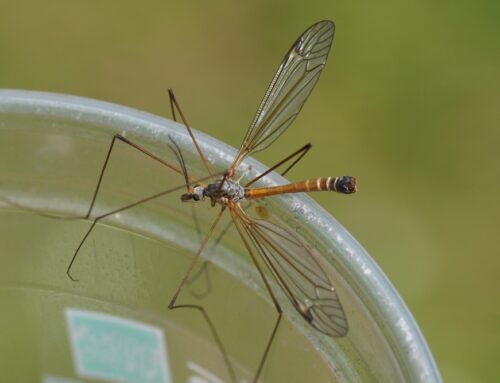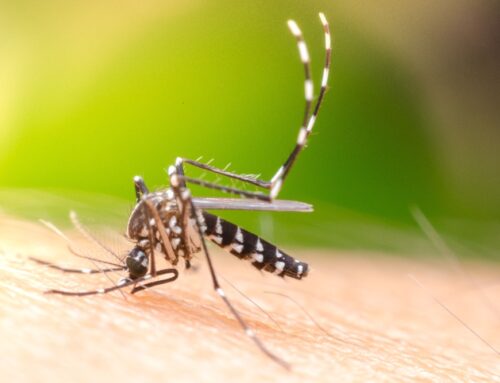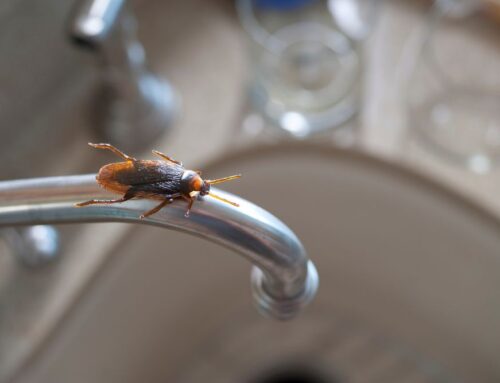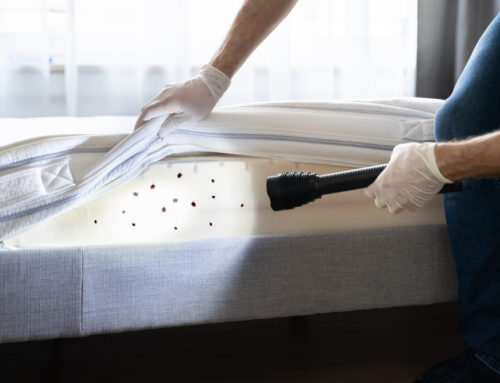Summer is arguably the best time of the year. Think of all the fun visits at the beach, outdoor hikes, and barbecues with your friends.
In the midst of all the sun and fun, however, lies a tiny yet consequential problem; mosquitoes. The tiny irritating pests thrive better in the warm and dry summer temperatures and can mess up your summer plans by leaving a bunch of itchy red bumps on your body and face. In certain areas, instances of West Nile Virus, Eastern Equine Encephalitis (EEE), and Zika Virus are quite common during the summer.
Why Do Mosquitoes Bite People?
While mosquitoes can be irritating, only the female ones actually bite people. And it’s mostly those with developing eggs in their systems that bite as they seek the nourishing protein found in the blood.
Biting mosquitoes have very sensitive senses and typically locate hosts through their body odor, heat, and the carbon dioxide they exhale. They are also more likely to bite some people and leave others.
Why Do Mosquito Bites Itch?
If you’ve ever looked at a mosquito up close, you may have noticed its elongated straw-like mouth parts. These are what biting mosquitoes use to pierce your skin and suck your blood. But that’s not what makes the bites so itchy. What does is the mosquito’s saliva, which is injected into your bloodstream during the bite. The saliva contains an anticoagulant and a bunch of proteins.
The anticoagulant substance typically prevents the host’s blood from clotting around the insect’s mouth and subsequently binding it to the host. On the other hand, once the mosquito proteins get into your bloodstream, it triggers your body’s immune system to release histamine, which allows white blood cells to access and “heal” the bitten area. The high concentration of white blood cells, as well as the increased blood flow will naturally cause swelling and inflammation while the increased sensitivity of the surrounding nerves brought about by histamine causes the itching.
Notably, not everyone experiences itchiness after being bitten by mosquitoes. This may either be a natural predisposition or a result of consistent exposure to similar types of mosquitoes. Nonetheless, people traveling or moving to new areas will most likely experience itchy spots if they encounter the local mosquitoes.
What Causes Mosquito Bites to Itch More?
While powered immune system responses in some people may cause more pronounced itching, repeatedly scratching the affected area is the most common cause of increased itching sensations. This is because of the additional inflammation caused by scratching an already sensitive part.
How to Prevent Mosquito Bites
To prevent mosquito bites and the itchy madness they bring about, you need to reduce the mosquito population around your home. Emptying, or fully covering all areas containing standing water around your home, from grill covers to birdhouses and flowerpot is a good place to start. Female mosquitoes like to lay eggs in such environments and getting rid of them means they have to go further away to hatch.
Moreover, reduce the time you spend outside at dusk and dawn since mosquitoes are most active at these hours. And if you have to go out, be sure to first apply insect repellent lotion and cover as much of your body as possible.
If these interventions don’t work, it could be a sign of an out-of-control infestation, in which case, it would be prudent to consult a licensed pest control professional for more specialized solutions.

